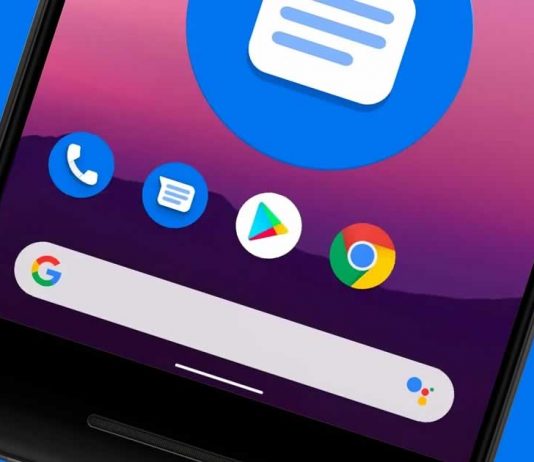The humongous amount of data that Google and other internet giants collect from their users, as well as the use they make of it, has been a matter of debate in recent years. Although more privacy measures have been created and Google promised to end tracking — new studies reveal that they continue to keep collecting more private information than they say and with no possibility for people to avoid it.
According to a study by Trinity College Dublin, conducted by Prof. Doug Leith at the CONNECT SFI Research Center for Future Networks — the Messages and Phone applications for Android collect and send data to Google without users’ consent, which represents a clear violation of their privacy.
With Messages and Phone applications, two apps that are pre-installed on most Android smartphones — the company receives, among other things, the telephone numbers, the communication time or the hours at which the communications were made through the applications.
The Messages app tells Google every time a message is sent or received. The information sent includes the time and a hash (an identification code created from the text of the message) that uniquely identifies the message. This allows Google to find out if and when two phones are communicating.
The Messages app transmits the sender’s phone number to Google, so combining data from communicating phones reveals both phone numbers.
Phone, Google’s official phone calling app, tells Google every time a phone call is made or received. The information sent includes the time and duration of the call. This allows Google to find out if two phones are calling each other, at what time, and for how long.
The data sent to Google is tagged with the phone’s Android ID. This is tied to the phone’s Google user account and typically the personal data (email, phone number, credit card details, etc.) of the person involved in a phone call or message SMS.
This information is sent through channels integrated into Google Play services and in the analytical data of Firebase, the platform developed by Google for the creation of mobile apps and Web services. Google does not offer a way to prevent the sending of this data.
The biggest problem is not only the privacy issue itself but also that the user is not aware that part of their private data is shared with Google servers.
After the publication of the study, Google assured those responsible that it would make changes to the Messages and Phone applications.
